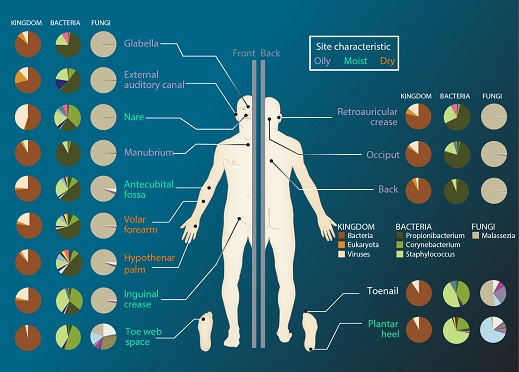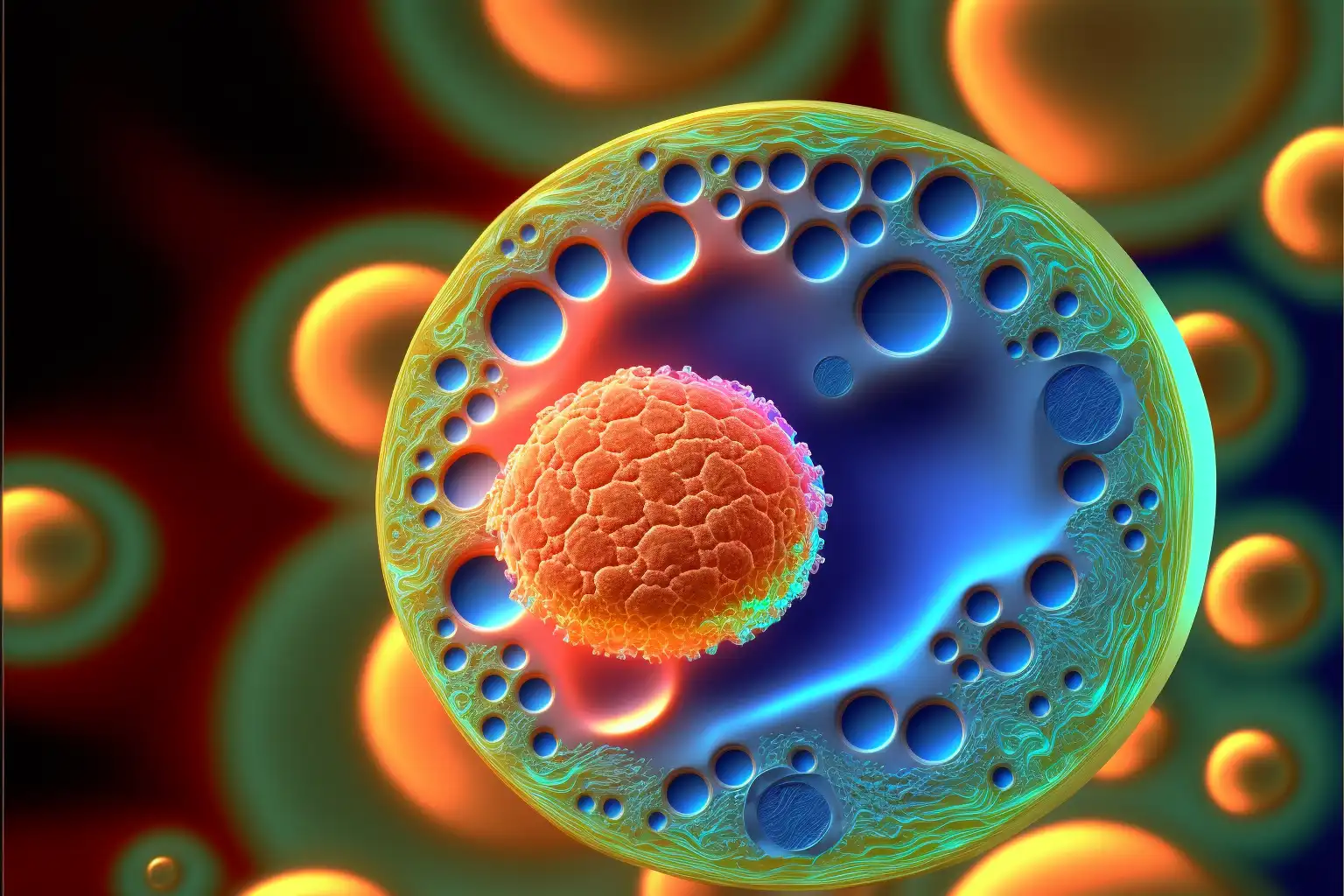Increasing Incidence of Lifestyle Diseases is expected to enhance the Human Microbiome Market from 2018 to 2025.
The global human microbiome market is expected to reach US$ 1,197.08 Mn in 2025 from US$ 257.30 Mn in 2017.
Increasing incidence of lifestyle diseases is expected to drive the growth of the market. However, strict government guidelines is expected to hamper the growth of the market. Over the past few decades, human microbiome is related to lifestyle diseases like cancer, diabetes, obesity, depression and many others. Changes in lifestyles and societal norms influence the microbiome at each stage of life. Altering the human microbiome can help in eliminating such lifestyle diseases. As per World health organization in 2016, 13% of the world population (adults) were obese. According to the “The New Era of Treatment for Obesity and Metabolic Disorders: Evidence and Expectations for Gut Microbiome Transplantation” published in 2016, microbes residing in the human gastrointestinal tract act as an endocrine organ, whose composition and functionality contribute to the development of obesity. Also, according to the World Health Organization in 2018, cancer was the second leading cause of death across the globe, and is responsible for an estimated 9.6 million deaths in 2018. Furthermore, the American Cancer Society estimated that in 2018, 1,735,350 new cancer cases were diagnosed. Thus, the increasing incidence of lifestyle diseases is expected to fuel the growth of human microbiome market over the forecast years.
The strict government guidelines are intended to hamper the market to an extent. The advancements in science and technology made the scientists excited about the potential and potency of fecal matter and the microbes in it. The cell-based therapies found a novel paradigm in drug development, a regulatory framework that reports safety and bio containment issues should be established to minimize adverse events and environmental release of engineered organisms. Government agencies should offer conceptual frameworks for efficient and sensible regulatory schemes, and ways for construing intellectual property that provide appropriate incentives for private investment while protecting the public good. The FDA regulations on these procedures, however, keep them out of reach for most patients. The use of technology employing knowledge of the human microbiome is getting started and not yet widely applied. However, it is important to consider the ethical issues early, so as to avoid at least those pitfalls that can be identified at the initial stage rather than waiting for a disaster to happen and then trying to cobble together hasty responses. Thus, the risk factors associated with human microbiome are expected to confine the growth of global human microbiome market over the forecast years.
The major players operating in the human microbiome market include Enterome, MicroBiome Therapeutics, LLC, Rebiotix Inc, Yakult Honsha Co., Ltd., Osel Inc., Vedanta Biosciences, Inc., Metabiomics Corporate, Synthetic Biologics, Inc., DuPont, and BiomX Ltd.



